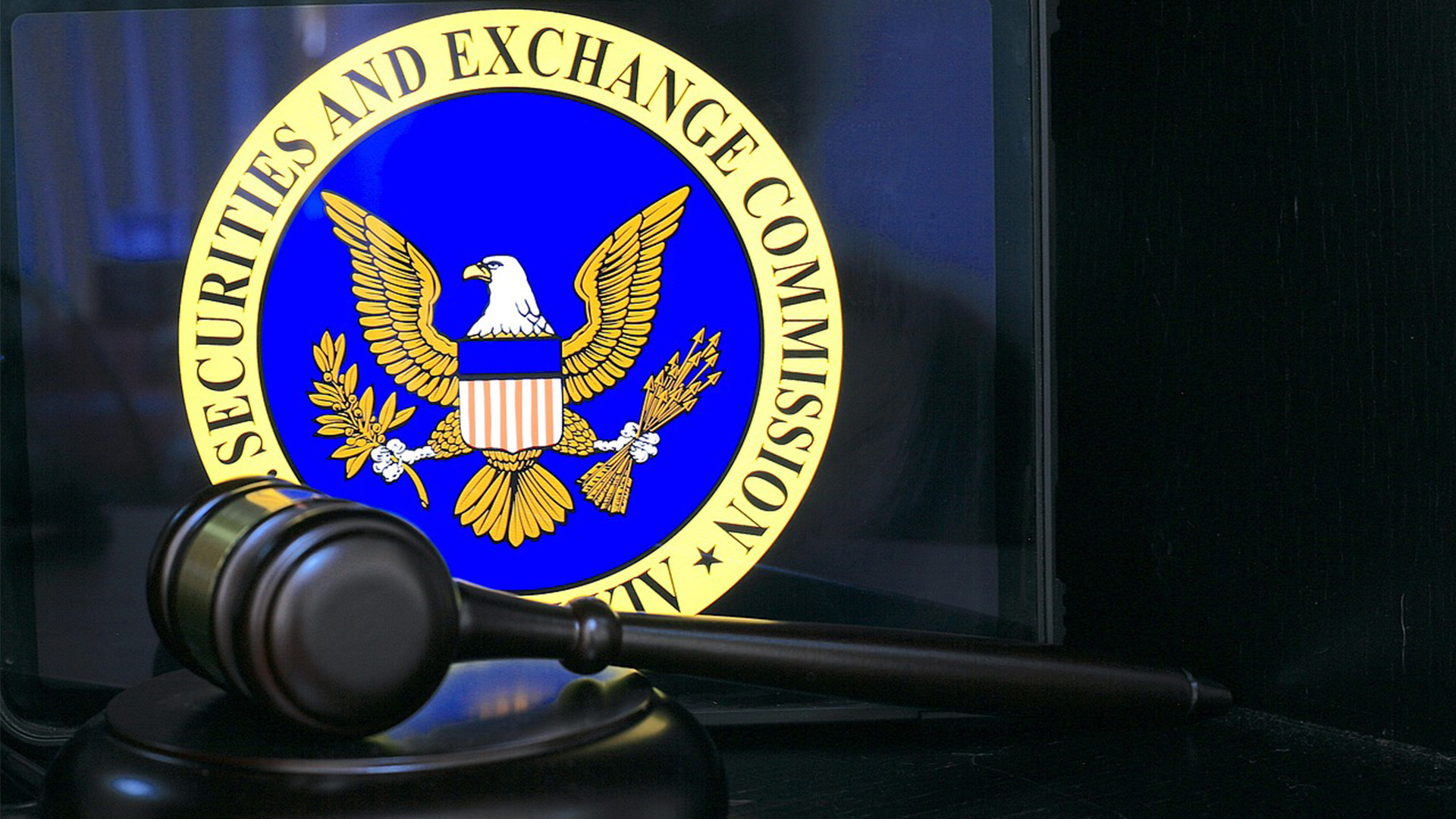From the News

433 – Administrative Law Goes to Court
Seeking redress of our grievances is an important right, protected by the First Amendment. Can the federal government deprive you of due process as a condition of seeking redress? While not talked about in that way, that’s pretty much what the case SEC v. Jarkesy is all about. After assessing George Jarksey J. civil penalties for violations of antifraud provisions, the SEC attempted to deny him of his right to a trial by jury. Could this be a start of reforms of unconstitutional administrative law courts?
Read More
431 – Presidential Immunity
When the delegates to the Constitutional Convention debated the role of the chief executive, many expected George Washington to become our first king. Between Mr. Washington’s humility, and the delegates recent experience with a king, they decided we’d be better off with a President rather than a king. With the recent case of Trump v. United States, many have asked, have we turned the office of President into the office of king?
Read More
430 – Biology at the District Court
Rarely does a single sentence so completely crystalize the situation as the first line of the court order in Tennessee v. Cardona. The case involves the attempts by the Biden Administration to rewrite Title IX’s protections of women in education and their access to competitive sports. The single sentence? “There are two sexes: male and female.” That one sentence is the foundation of Judge Reeves’ injunction against the United States Department of Education’s attempt to ignore biology, rewrite law, and set back women’s rights by decades.
Read More
429 – Bumping Into the Law
When does a rifle become a machine gun? That is the question asked in the Supreme Court case Garland v. Cargill. When the Bureau of Alcohol, Tobacco, Firearms, and Explosives suddenly decided to redefine bump stocks as machine guns, many Americans simply complied. However, when Michael Cargill surrendered his bump stocks to the ATF, he did so under protest, filing suit to challenge the rule under the Administrative Procedure Act. Those of us who enjoy and exercise our right to keep and bear arms owe Mr. Cargill a debt of gratitude, but the fight is not over. Thanks to Mr. Cargill’s determination and persistence, the ATF’s bump stock rule has been found to have not been created correctly, meaning we get our bump stocks back. However, it also leaves open the chance for Congress to do what the ATF could not, violate the Second Amendment one more time.
Read More
427 – Who’s Protecting Our Children?
Probably the most powerful instinct as a parent is to protect our children. Parents work hard, sacrifice, and sometimes risk their own lives to protect their children. Most parents believe the government is there to help them protect their children, but is that true?
Read More
426 – Fraternal Twin Court Cases Point to the Death of Justice Worldwide
Late May in the United States is usually a time of cook-outs and remembrance as we memorialize those who gave their lives in service to this country. 2024 however, should be remember for another death, the death of courts of justice.
Read More
425 – Rights After Conviction
According to federal law, if someone is convicted of a crime and punished with more than one year in jail, they loose their rights protected under the Second Amendment. A recent decision by the Ninth Circuit Court not only brought that federal law into question, but decided it was wrong. The court didn’t find that this federal law violated the Constitution, rather they found it violated Supreme Court’s Bruen decision. But is that all this federal law violates?
Read More
424 – When Did the Federal Reserve become the National Treasury?
Article I, Section 9, Clause 7 of the Constitution states “No Money shall be drawn from the Treasury, but in Consequence of Appropriations made by Law;”. That seems pretty straight forward. So how could Congress establish a government agency funded not by appropriations from the treasury, but by fees paid to another federal entity? This was the question brought to the Supreme Court in the case CFPB v. Community Financial Services Assn. of America. Sadly, it seems that the Supreme Court once again showed they have a hard time reading and understanding the English language.
Read More